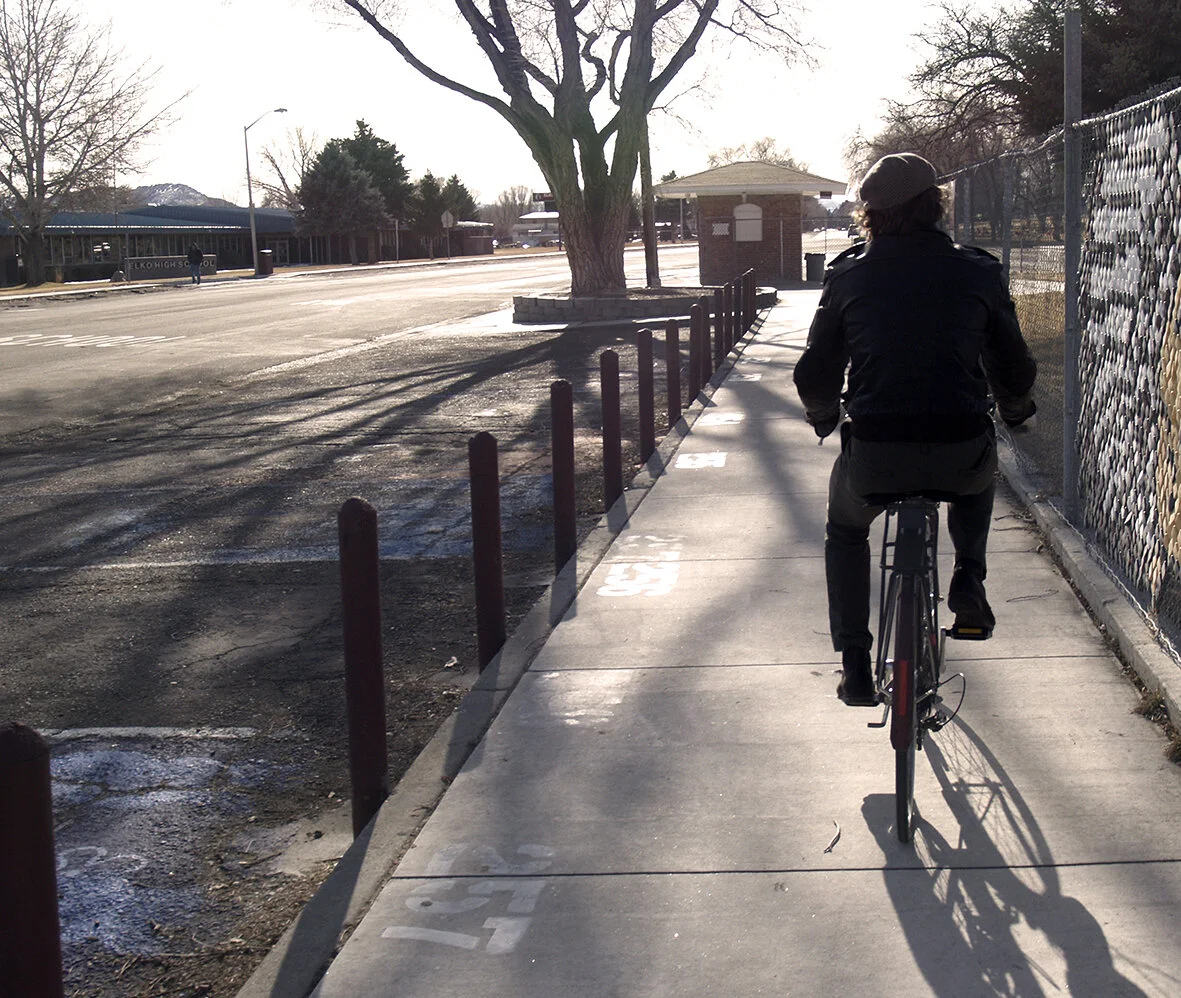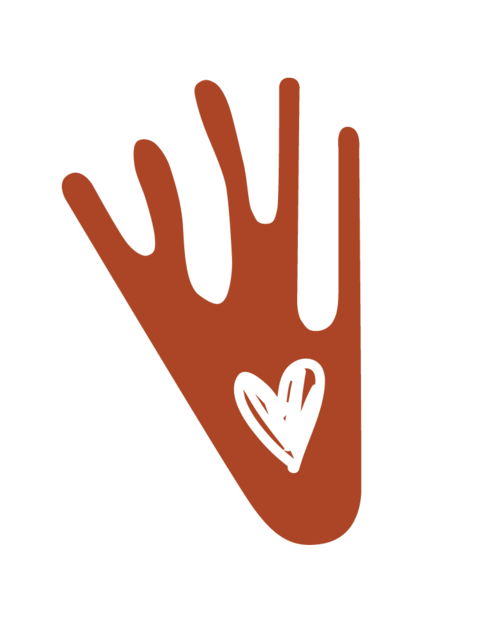The Air That Binds Us
Photos/Meghan Collins.
By Meghan Collins
In the best of times, air is out of sight, out of mind. It isn’t usually the object of our attention, save for an unusually blustery day, or the audible result of a long sigh.
But our shared air? The way I share air with others didn’t enter my consciousness until last March. That jarring moment is with me now; I was on an overnight train some number of days after it had been declared a global pandemic, before we had any sense about masks. A man several seats away couldn’t control his coughing fits. At one point on the dimmed ride, our eyes met, and he held a look of shame and fear. I saw his fear and felt my own. I suddenly felt bound to this person from across the train car, bound by the air surrounding us. The small train car didn’t allow me to put more air between him and I, so all I could do was ponder this incorporeal connection that I now had with that stranger.
We’ve all become so literate in the ecology of this virus, yet many of us experience cognitive dissonance between the ways we find connection with each other and the ways we keep each other safe. A dear friend of mine from childhood decided to go through with her small wedding ceremony this year. They made sensible arrangements…masks, distanced tables, a very limited guest list, no dancing. I had agreed to standing up as her bridesmaid in the warmer months, when numbers were dropping, and things looked hopeful. When the cold months came around, I debated for weeks which was riskier – disappointing my childhood friend by not showing up, or being a vector for this resented virus. I knew I would struggle on the deepest levels to be near to these dear friends and not hold them close. In the end, I had my cake and ate it too: plenty of anxiety over excessive planning on how to attend safely, and the “revelers’ remorse” of sharing air between sips of champagne.
While I have tried to steel myself against thoughts of social longing so that I remain dutifully distanced, there are things my psyche will not allow me to ignore. I miss spontaneity. I miss those moments of connecting with strangers, laughing over an unexpected joke. And I miss embrace. While I’m no marvel to watch, I love dancing, especially partner dance. The mystery of finding rhythm with the other, the tension of contact, the need to be wordlessly receptive to the way the other moves. It was in a dance workshop just weeks before the pandemic hit that I met a wonderful man. We laughed over lindy hop and happily ignored the instructions being given while the brims of our hats knocked into one another. Later, when I bumped into him at a crowded live show, the words “viral load” never crossed my mind as I poured half of my Picon punch into his empty glass. Our relationship grew, and I am lucky to be partnered to him through these historical times.
These days, the least intimate spaces are the ones that are most safe: on screen, as we reach through the technology to connect. But my social connections have atrophied. I work on a computer and drew the line when it came to Zoom happy hours. Navigating the social aspects of the corona jungle (“Will everyone be masked?” “They take this seriously, right?” “Can’t we do it outside?”) is enough to make me want to avoid making the effort altogether. How we deal with togetherness and apart-ness is what will define this time in my memory.
Above all, though, the air that binds us forces us to face the question of how we are responsible to one another. What do we do to keep each other safe? Do we even have a responsibility toward one other, or is it just “I, me, mine?” The air that binds us becomes a metaphor for our social contract. I could not have forecasted that this public health crisis would result in societal-scale outbursts on the topic of masks or distancing, resembling teenagers aggrieved for being asked to help out around the house. The minutiae of our personal politics is displayed through the fabric on our faces and played out through the politicization of this disease. Each of us has a different view on how we should be bound: our collective action, our response to guidance, our entitlement to our own facts. Our social fabric is pursing and knotting in ways that I have not known in my lifetime.
The air that binds us is more than a medium for aerosols. Is our social fabric intact, holding us together, or are we desiring to unstitch it? When we finally emerge from our pods and enter public life again, will we find ourselves so deep in our political echo chambers that we don’t recognize what we have in common? Am I so triggered by all of it that I can’t see what connects me to the people with whom I share this land?
And yet. I have never felt quite so much togetherness, right alongside the unknowable number of you who found themselves wordless at so many points in the year, couldn’t remember what day it was, or felt inflamed at the response to it all (and not all for the same reasons). The shock, the uncertainty, the hopefulness, the loneliness, the confusion, the numbness. The emotional downs and ups at tracking news on our phones. Our social fibers don’t always mesh neatly, but they certainly are enmeshed. In all our aloneness together, I have felt more camaraderie with you, unknown reader, and with our millions of differences, than I have in my years on this planet. My sincere hope is that, despite how much it ruffles our feathers, the air that binds us will keep us aloft and flocking together.
Meghan Collins has a silly side and a serious side. She makes her living as an educator, and she makes her way through the world as a learner. The focus of her work is science, the environment, and connecting people. She was born in the Great Lakes region and first came to Nevada in 2008.
Thank you for visiting Humanities Heart to Heart, a program of Nevada Humanities. Any views or opinions represented in posts or content on the Humanities Heart to Heart webpage are personal and belong solely to the author or contributor and do not represent those of Nevada Humanities, its staff, or any donor, partner, or affiliated organization, unless explicitly stated. At no time are these posts understood to promote particular political, religious, or ideological points of view; advocate for a particular program or social or political action; or support specific public policies or legislation on behalf of Nevada Humanities, its staff, any donor, partner, or affiliated organization. Omissions, errors, or mistakes are entirely unintentional. Nevada Humanities makes no representations as to the accuracy or completeness of any information on these posts or found by following any link embedded in these posts. Nevada Humanities reserves the right to alter, update, or remove content on the Humanities Heart to Heart webpage at any time.






